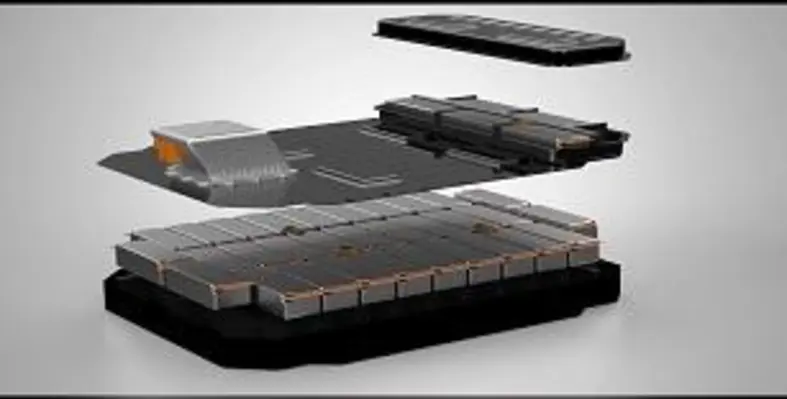Honeywell has announced it is expanding its strategic alliance with Nexceris, developer of Li-ion Tamer lithium-ion gas detection solutions, to help make electric vehicles (EVs) safer
Honeywell and Nexceris will offer advanced automotive sensing technology to help prevent conditions leading to thermal runaway in EV batteries, a phenomenon that causes extremely high temperatures within the battery cell and can result in a fire.
Victor Verissimo, general manager of the Transportation line of business of Honeywell Sensing and Safety Technologies, commented, “As the world transitions to electric powered vehicles, automakers are faced with the need to provide lithium-ion batteries that function properly and safely during all stages of their lifecycle. At Honeywell, we are supporting this transition with ready-now solutions to help our customers mitigate safety risks as they expand their electric vehicle portfolios. By adding the Li-ion Tamer technology to our suite of battery monitoring sensors, we will help automotive manufacturers strengthen their battery health monitoring systems with the ability to detect thermal runaway conditions even earlier.”
The companies will collaborate with leading global vehicle manufacturers to deliver advanced gas detection solutions in EV battery packs to allow for early intervention, helping avoid costly property damage and safety issues.
“Our work with Honeywell will help us empower the global transition to electric vehicles through enhanced battery monitoring,” commented Kyle Shen, president and CEO, Nexceris.
“Fires from lithium-ion batteries are dangerous and often difficult to contain after they start. By combining our shared expertise in battery sensing and gas detection technology with Honeywell’s extensive manufacturing capabilities, we will be working toward offering our vehicle manufacturing customers a more advanced safety solution and meeting the growing demand for lithium-ion batteries.”












